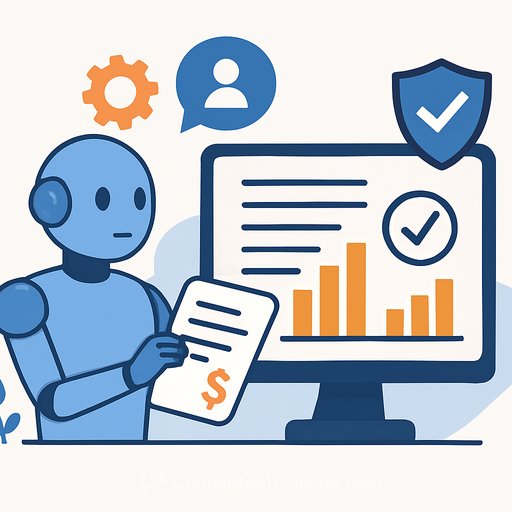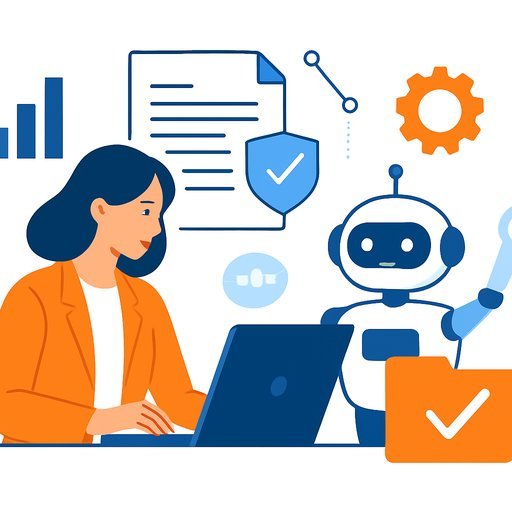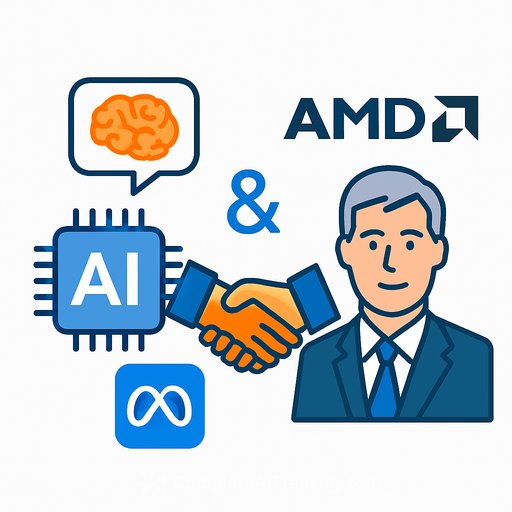How accounting firms are using AI agents to reclaim time and trust
Finance leaders don't need more scripts. You need systems that think, explain themselves, and keep you in control. That's why accounting teams are moving past basic automation and leaning into AI agents that reason through work and show their math.
Basis, a US-based start-up, is one example. It builds AI agents for structured accounting work with clear human oversight. The outcome: faster close cycles, cleaner audit trails, and more time for higher-value advisory.
Efficiency with accountability
Basis agents handle reconciliations, journal entries, and financial summaries. The platform uses OpenAI's GPT-4.1 and newer-generation GPT-series models, with a step-by-step decision log operators can review. Firms using the system report up to 30% time savings, which translates into capacity for analysis and client conversations-not just more clicks.
Unlike black-box automation, every recommendation includes source data and the logic behind it. You can validate outcomes, see exactly what changed, and stay responsible for the result. That visibility is essential for compliance, audits, and client trust.
Building systems that learn
Agentic AI treats accounting as connected workflows, not isolated tasks. A supervising agent manages end-to-end processes and delegates to sub-agents based on task complexity, data type, and latency needs. Quick clarifications run on faster models; complex classifications or month-end close use models with stronger reasoning and context handling.
Basis benchmarks models against real workflows to decide when agents can safely take on more responsibility. Finance teams can see what the system did, why it chose a path, and how confident it is. This flexible setup helps firms scale automation while protecting accuracy-mirroring the hybrid human-AI approach spreading across legal and risk functions.
Lessons for other functions
The standout idea here is model orchestration: routing each task to the right model based on performance and speed. That same pattern fits procurement, HR, and compliance-anywhere structured, high-volume decisions require transparency and, yes, accountability.
Working with reasoning engines inside secure data environments, the target isn't pure speed. It's trustworthy automation you can audit. Systems improve over time without sacrificing control of outcomes.
What this means for finance leaders
- Start with high-volume, rule-based workflows: bank recs, vendor reconciliations, recurring journals, close checklists.
- Define oversight: materiality thresholds, exception routing, and approval gates that keep humans in the loop.
- Require explainability: data lineage, decision rationale, and confidence scores that tie into your audit trail.
- Pilot with guardrails: benchmark against a manual baseline, expand scope only when accuracy and variance are proven.
- Measure real value: cycle time, exception rates, write-offs, and % of team time shifted to analysis and advisory.
- Plan for orchestration: choose models by task based on cost, latency, and accuracy-not brand names.
- Lock down security: access controls, PII handling, retention policies, and logs that satisfy auditors.
Where to level up
If you're mapping use cases or evaluating tools for your stack, explore curated AI tools for finance. For role-based upskilling paths, see our courses by job.
Bottom line
AI in accounting is moving from automating entries to building systems that think like accountants. Basis's approach shows how to gain speed and quality while keeping human judgment in charge. Each model improvement makes teams faster and smarter-without handing over the keys.
Image source: "Accounting charts" by World Bank Photo Collection is licensed under CC BY-NC-ND 2.0.
Your membership also unlocks:






